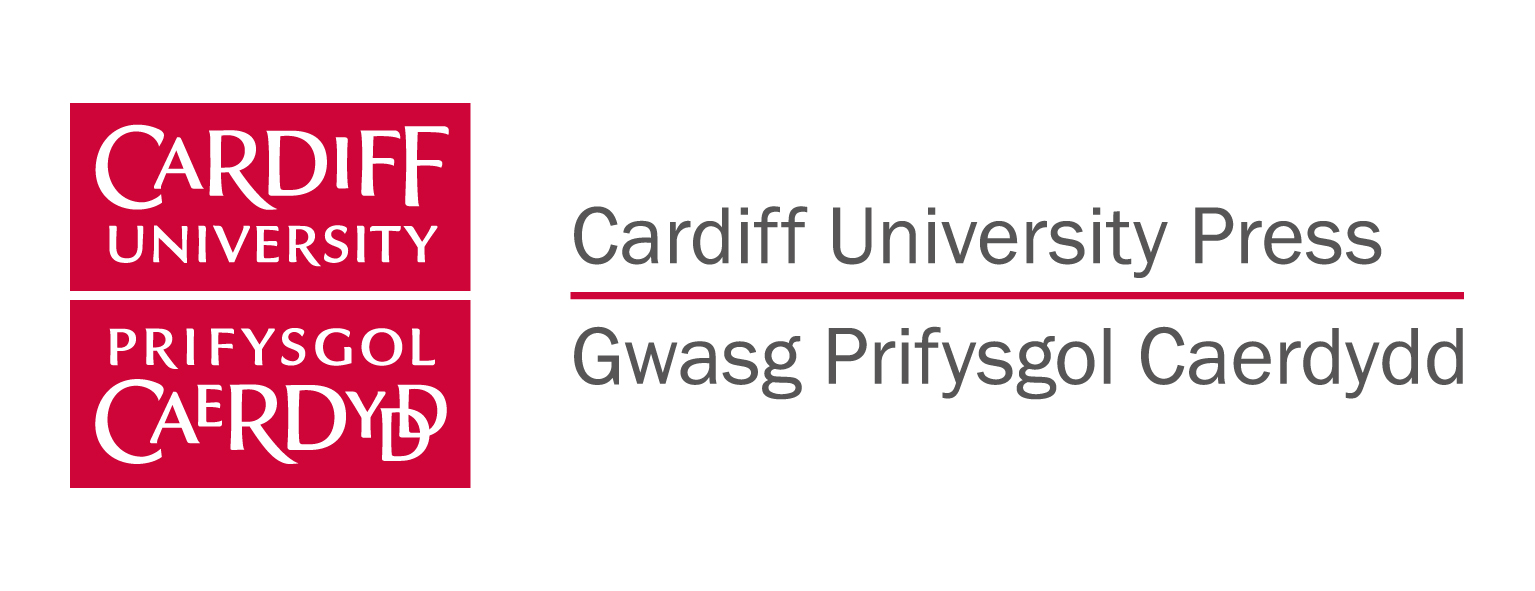Peter Garside »
Peter Garside taught English Literature for more than thirty years at Cardiff University, where he became Director of the Centre for Editorial and Intertextual Research. Subsequently, he was appointed Professor of Bibliography and Textual Studies at the University of Edinburgh. He served on the Boards of the Edinburgh Edition of the Waverley Novels and the Stirling / South Carolina Collected Edition of the Works of James Hogg, and has produced three volumes apiece for each of these scholarly editions. He was one of the general editors of the bibliographical survey The English Novel 1770–1829, 2 vols (Oxford University Press, 2000), and directed the AHRB-funded online database British Fiction 1800–1829 (2004). More recently, he has co-edited English and British Fiction 1750–1820 (2015), as volume 2 of the Oxford History of the Novel in English; as well as an edition of Scott’s Shorter Poems (2020), along with Gillian Hughes, for the Edinburgh Edition of Walter Scott’s Poetry.
Copyright Information
This article is © 2022 The Author and is the result of the independent labour of the scholar credited with authorship. Unless otherwise noted, the material contained in this journal is licensed under a Creative Commons Attribution-NonCommercial-NoDerivatives 4.0 (CC BY-NC-ND) International License.Date of acceptance: 16 September 2019.
Referring to this Article
P. D. GARSIDE. ‘Shadow and Substance: Restoring the Literary Output of Robert Pearse Gillies (1789–1858)’, Romantic Textualities: Literature and Print Culture, 1780–1840, 24 (Winter 2021)Online: Internet (date accessed): https://www.romtext.org.uk/articles/rt24_106/
PDF DOI:10.18573/romtext.106
